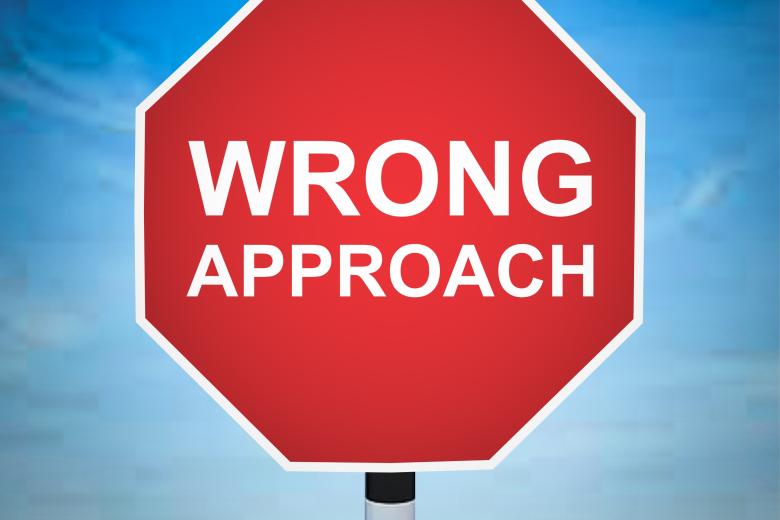Because of the internet and globalization, copyright infringements often have a cross-border character. If you post a blog illustrated by an image which you found on internet, you can be sued by the copyright holder of the image before the courts in all 27 EU Member States. This blog post focuses on geo-blocking as a tool to prevent being sued in Member States for cross-border copyright infringements. The latter topic will be viewed from various legal perspectives namely private international law, copyright law, EU law, in particular the Geo-blocking Regulation, the right to information, freedom of expression and cross-border trade.
Reconceptualize the interface of IP rights for 3D printing
- Law
The intellectual property (IP) legal system for 3D printing is challenged by digital technologies and the platforms that disseminate Computer-aided design (CAD) files. Can the IP system be reconceptualized as a complex adaptive system to better incentivize and channel resources of 3D designs on digital platforms?

Provisions on access to algorithms and datasets in the digital markets act proposal
- Law
While the role of access to data and algorithms in digital markets is debated in scholarly literature, it is evident that there are circumstances in which it is necessary to scrutinize databases, algorithms, and source code that are used in digital services for the purposes of the enforcement of the relevant regulation. The question which this post aims to answer is how does the legislative proposal of the Digital Markets Act (DMA) approach these needs in regard to the structure of competition in digital markets. The main purpose is to provide a better understanding of the regulatory act proposed by the Commission, and in particular, the provisions of DMA that include solutions which aim to ensure access to databases and algorithms used by big tech companies.

Enforcement of competition laws in Latin American digital markets
- Law
"While the main stories about antitrust enforcement in digital markets that we hear about in media and specialized outlets focus on Europe and the United States, competition agencies in other regions of the World are also active in this front. How are the competition authorities in Latin America and the Caribbean contributing to the investigation of competition challenges in digital markets?"

Impacts of FRAND Licensing of standard essential patents on the supply chain management of standard-implementing industries
- Law
The disputes concerning FRAND licensing of standard-essential patents (SEPs) are critical legal issues that dominate the development of the standard-implementing industries like the telecommunication industry. Recently, the patent owners of standard-essential patents tend not to license to rival component suppliers but to end-product manufacturers to maximize their interests. This trend has spread from the cellphone industry to the automotive industry and from the United States to Europe.

Transposition of the ECN+ directive in Albania: the mistaken approach
- Law
This blog analyses the obligation of Albania to approximate its existing and future competition law with the EU competition acquis, including the need to transpose the ECN + Directive in the pre-accession stage. Then, the blog discusses the approach taken by the Albanian Competition Authority (ACA) to transpose the ECN + Directive is mistaken. It concludes that the harmonisation of public enforcement tools is far from being completed.

Google v. Oracle: reimplementing application program interfaces does not infringe copyright
- Law
The drafters of EU Computer programmes Directive were aware of the competition law implications of extending protection to the interfaces necessary to enable interoperability of programs and devices. Neither the U.S. Congress nor the CONTU seemed to think of interoperability. So the U.S. Copyright Act of 1976 as amended says nothing about program interfaces or interoperability. In light of this, in their latest article, Samuelson and Lemley talk about interfaces and interoperability after Google v. Oracle arguing that notwithstanding the Court’s assumption that APIs are copyright-protectable, the numerous appellate court rulings that interfaces are not within the scope of protection afforded to computer programs remain good law. The article explains why uncopyrightability defenses are better than fair use defenses to fend off over-expansive software copyright claims. This blog summarizes some of the key thoughts therein.

Law, armed conflicts, and empowerment: instructors and students in a path to peace
- Law
Armed conflicts are not something new, sadly. They emerge in different parts of the globe, at different times, and due to different reasons. Three reflections follow on the role of legal education in the context of armed conflicts, inviting for paths for instructors and students to pursue peace. These reflections aim to empower all actors in legal education, generating awareness on their potential to prevent and solve armed conflicts.

Tantalus in cyberspace: data is (not) everywhere
- Law
Data is intangible, non-rivalrous, and produced in vast quantities with little to no incentive. How then can it be a source of competition issues in digital markets? This blog seeks to explain.

A competition law framework for data sharing agreements: striking a balance for EU data spaces
- Law
Data spaces are an important initiative to promote data sharing within the EU and across sectors and to make more data available for the benefit of society at large. At the same time, however, data spaces could be challenging under competition law.

